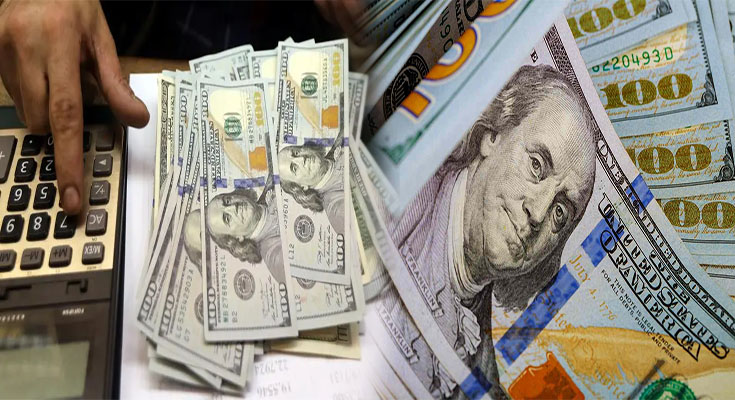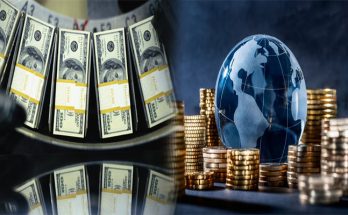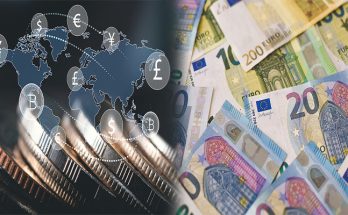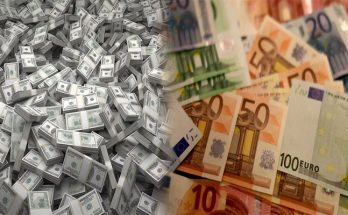Money serves as a fundamental element of our economic system, facilitating the exchange of goods and services. It plays a crucial role as a medium of exchange, functioning as a common unit of value that allows for seamless transactions. In this article, we will explore the significance of money as a medium of exchange in economic transactions.
What is Money?
Money is commonly defined as a medium of exchange that is widely accepted in transactions for goods and services. It can take various forms, including physical currency such as coins and banknotes, as well as digital currencies and electronic payment systems. Regardless of its form, the primary purpose of money remains the same – to enable the exchange of value between parties involved in economic transactions.
Efficient and Seamless Transactions
One of the key advantages of money as a medium of exchange is its ability to simplify and streamline transactions. In the absence of money, individuals would have to rely on barter, exchanging goods or services directly with one another. However, barter transactions can be highly inefficient as finding parties with complementary needs becomes increasingly complex.
Money resolves this issue by providing a universally accepted means of exchange. It eliminates the need for a double coincidence of wants, where both parties involved in a transaction have to simultaneously desire what the other party is offering. With money, individuals can sell their goods or services and receive money in return, which can then be used to purchase other goods or services from anyone willing to accept it.
Standard Unit of Value
Money serves as a standard unit of value, providing a common measure for comparing the worth of different goods and services. By assigning a monetary value to products and services, money enables individuals to easily determine the relative worth of different items. This allows for efficient decision-making, as individuals can compare the prices of goods and determine whether they are willing to exchange their money for a particular product or service.
Store of Value
In addition to serving as a medium of exchange, money also acts as a store of value. Instead of requiring individuals to immediately spend their income, money allows them to save their earnings and accumulate wealth over time. This aspect of money is crucial for economic growth and investment, as it enables individuals and businesses to store their surplus wealth and use it for future transactions or investments.
Money plays a fundamental role as a medium of exchange in economic transactions. By functioning as an efficient and universally accepted means of exchange, money simplifies transactions and removes the need for complex barter systems. It serves as a standard unit of value, allowing for easy comparison of the worth of different goods and services. Moreover, money acts as a store of value, enabling individuals and businesses to accumulate wealth and make future transactions or investments. The role of money as a medium of exchange is integral to the functioning of our economic system, promoting economic growth, efficiency, and the overall well-being of individuals and societies.





